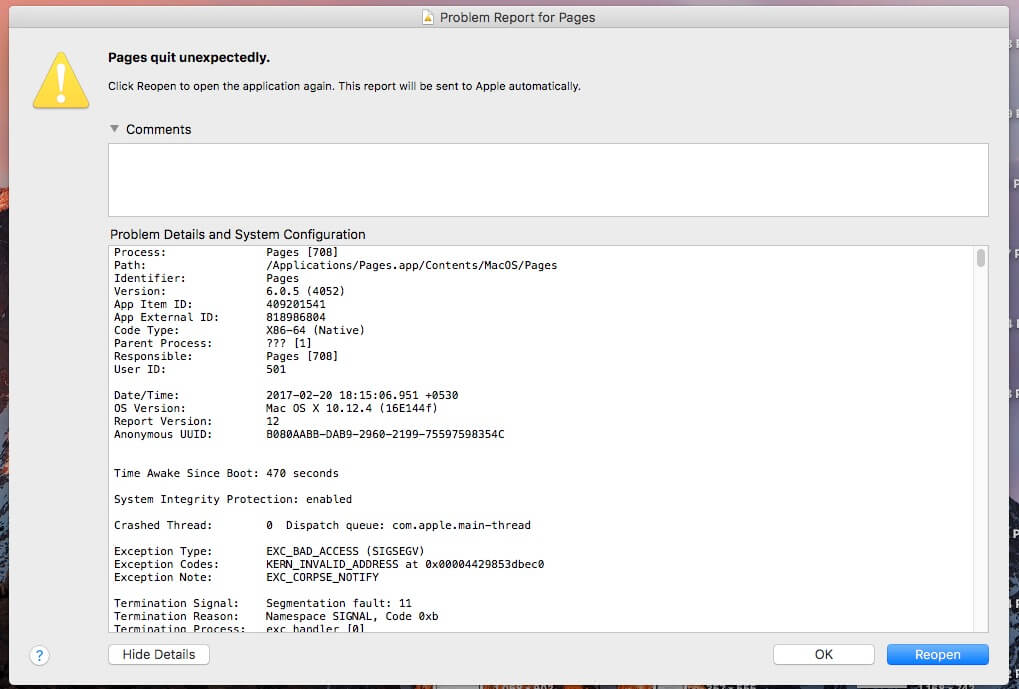


“The boss went off on a tirade on me for something that wasn’t my fault, and I got him to scream, ‘people like you are expendable pieces in this company, and I can replace you tomorrow if I wanted to.’ 80% of the engineers quit the next day. For example, in this Reddit thread on the subject: It can be anything from a toxic workplace culture to a single manager who treats their reports as expendable. They want to face challenges suitable to their skill level.Ī lack of respect in the workplace, as often as not, leads to turnover.

They want to make use of their skills and talents. They want to be respected, thanked, and encouraged by their peers and bosses. Lack of RespectĮmployees want to feel respected in their role. When that happens, the employees anchored by that one key individual will reexamine whether or not they want to keep working for you. Sometimes that key employee is perfectly satisfied with working for you, but other pressures (like a family crisis, a spouse getting a job elsewhere and needing to move, a medical problem, or the like) force them to leave. This holds true whether the key employee is leaving of their own volition, leaving because of other pressures, or being terminated. When these key “leaders” in the social circle leave, the anchor that kept an entire group around disappears. Everyone has a story of a place they worked where the only thing making it tolerable was one good manager or one good team member. Similar to contagious dissatisfaction is that there will always be “key” employees. Often, all it takes is a single employee leaving to pull out a pillar of support and send the whole house of cards crumbling. The reasons and rationales vary, but the effect is the same. They may get a better offer elsewhere and encourage their new employer to bring their team with them. Other times, employees leaving convince others to come with them. Employees simply see their peer leaving as a wake-up call, open their eyes to the toxic situation they’ve been toiling in, and decide that enough is enough. Sometimes, this is the simple recognition of ongoing problems in the workplace. They might talk to their friends about why they’re leaving, and recognize “hey, I have those same issues. When an employee decides to leave, it can make others in their social circle – often people they interact with daily, such as their team – consider the same option. Unfortunately, this can backfire on a company. We build social circles, make friends, and gather in groups. What common causes lead to a mass resignation? Contagious Dissatisfaction Often, the writing is on the wall you may not want to hear it, or you may have been insulated by a manager hiding the problem, but the signs are generally there. The first step to solving the problem of a mass exodus is understanding why your employees are leaving. Combatting Mass Resignations Understanding Why Employees Leave In Groups


 0 kommentar(er)
0 kommentar(er)
